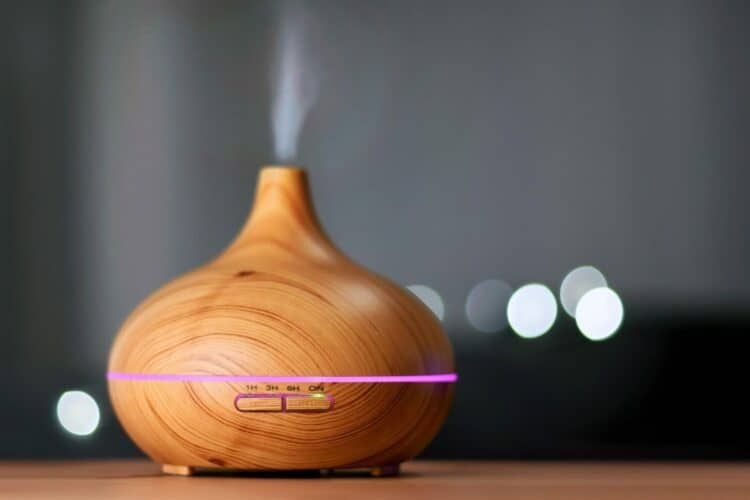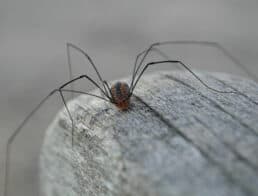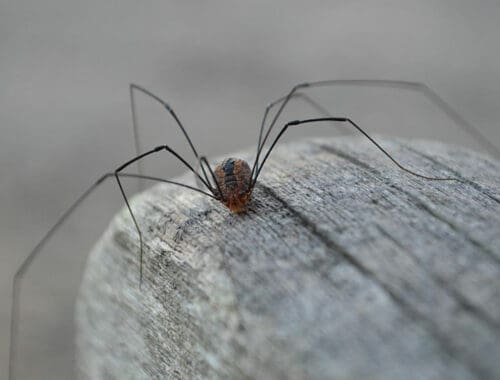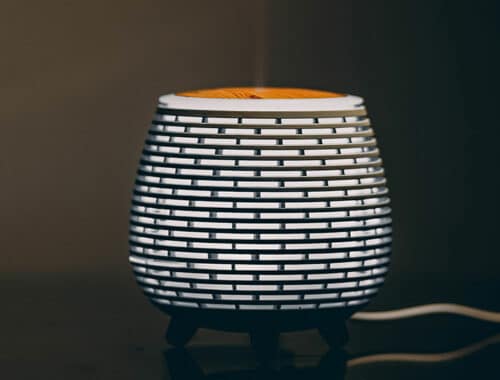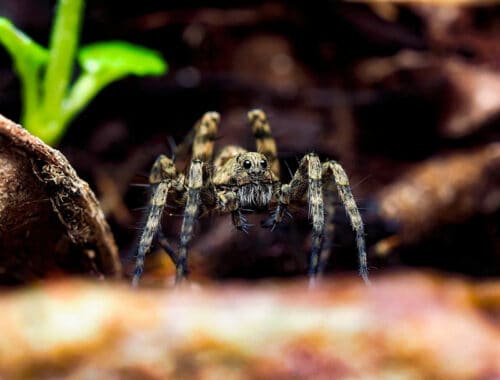Essential oils are incredibly popular and are widely used for both aromatherapies and alternative health practices. To fill your home with the pleasant scent of these oils one must turn to an oil diffuser, but is this safe for cats? Many experts agree that oil diffusers are not so safe for our feline friends and you must exercise a lot of caution if you plan on using them. Read on to find out why.
The Danger of Oil Diffusers
Essential oils are created either through distillation or the cold pressing of plants to extract their aromatic chemicals and oil diffusers allow us to spread the aroma throughout the home. Oil diffusers work by dispersing the essential oils into the air.
The danger to cats comes from the essential oils themselves. Cats are particularly sensitive to toxicity in a wide variety of plants, and many of these plants are used in the most popular essential oils on the market. Essential oils come in a variety of concentrations and can be diluted. The more concentrated the oil, the more dangerous it is.
Not only can the inhalation of these oils cause respiratory irritation, but essential oils are lipophilic, so they are easily absorbed through the skin and mucous membranes which then carry the oil into the bloodstream where it is then metabolized by the liver.
Passive Oil Diffusers
Oil diffusers can be broken down into two categories. Passive oil diffusers include reed diffusers, warmers, and plug-ins. These diffusers work by evaporating essential oils into the air, which can lead to respiratory irritation or distress. Inhalation of the oil could also potentially lead to pneumonia.
Active Oil Diffusers
Active diffusers use either a pump or ultrasonic technology to put the oil particles into the air. Not only do they release the scent of the oil, but also microdroplets can settle onto anything close by. Active diffusers include nebulizers or ultrasonic diffusers, vaporizers, and humidifiers. In addition to respiratory irritation, these diffusers pose even more of a threat due to the risk of oils being absorbed into the skin or ingested through grooming.
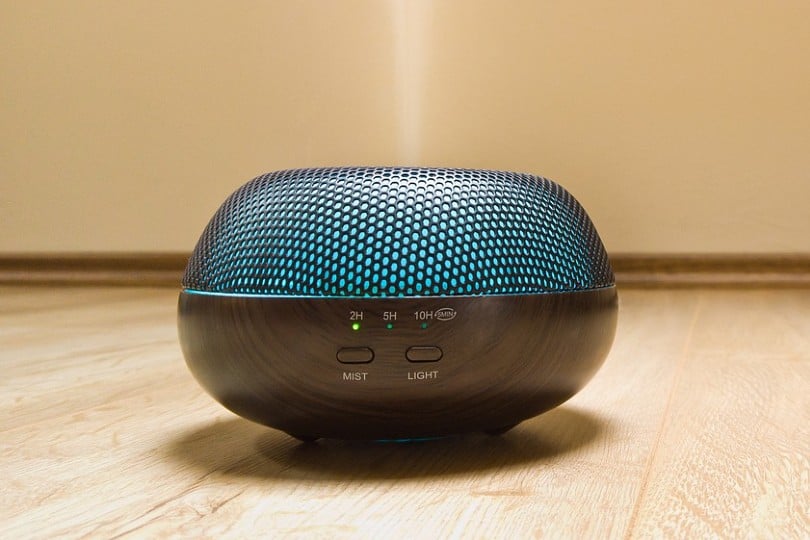
Common Oils That Are Toxic to Cats
It’s always best to check with your veterinarian if you have any questions or concerns about the safety of essential oil use. You can even refer to the ASPCA’s list of toxic and non-toxic plants, which covers plants that are toxic to dogs, cats, and horses.
The following is not an all-encompassing list of essential oils that are toxic to cats but does include some of the most common oils that pose a danger to cats. It is important to note that even oils derived from non-toxic plant varieties can still pose the danger of respiratory issues if inhaled.
- Basil oil
- Bergamot oil
- Bitter almond oil
- Cinnamon oil
- Clary sage oil
- Clove leaf oil
- Eucalyptus oil
- Geranium oil
- Juniper oil
- Lavender oil
- Lemon oil
- Lemongrass oil
- Lime oil
- Myrrh oil
- Nutmeg oil
- Orange oil
- Oregano oil
- Pennyroyal oil
- Peppermint oil
- Pine oil
- Rose oil
- Rosemary oil
- Sandalwood oil
- Sassafras oil
- Spearmint oil
- Sweet birch oil
- Tarragon oil
- Tea tree oil
- Thyme oil
- Wintergreen oil
- Wormwood oil
- Ylang ylang oil

Symptoms to Look Out For
It’s important to be aware of the potential symptoms that could arise if your cat were to develop respiratory issues or even toxicity due to exposure to essential oils through a diffuser or even by close contact. If you notice any of the following symptoms or you know for sure your cat has been exposed to a toxic variety of essential oil, contact your veterinarian immediately.
| Signs of Respiratory Issues | Signs of Toxicity |
|
|
Keeping Your Cat Safe
Prevention is key to keeping your cat safe from the dangers of essential oil toxicity or respiratory problems associated with inhalation. Here are some tips on keeping your cat as safe as possible if you use essential oil diffusers:
- Use only pet-safe oils from reputable brands and dilute appropriately.
- Keep essential oil bottles and diffusers out of reach of your cat.
- Use passive diffusers in rooms where your cat can get away, or limit access to that room during use.
- Do not use an active diffuser when your cat is in the room.
- Limit the use of these products and make sure to air out the room.
- Avoid using highly concentrated oils, avoid combining different oils, and stay away from products that don’t specify the concentration.
Final Thoughts
Oil diffusers do pose a danger to cats. If your cat has ingested any essential oils or you feel they may be experiencing some bad side effects from exposure to an oil diffuser, contact your veterinarian or the Pet Poison Helpline for further assistance. There are plenty of precautions you can take to help ensure your cat’s safety if you use oil diffusers.
Featured Image Credit: Pixabay
